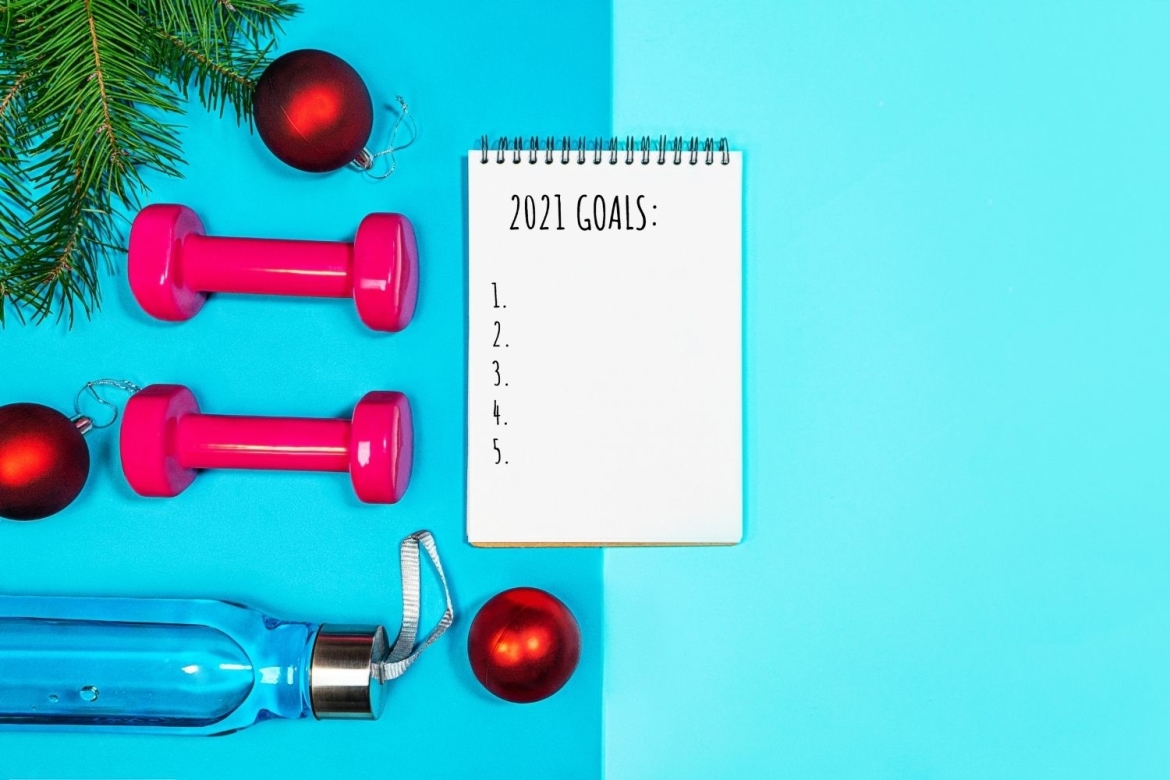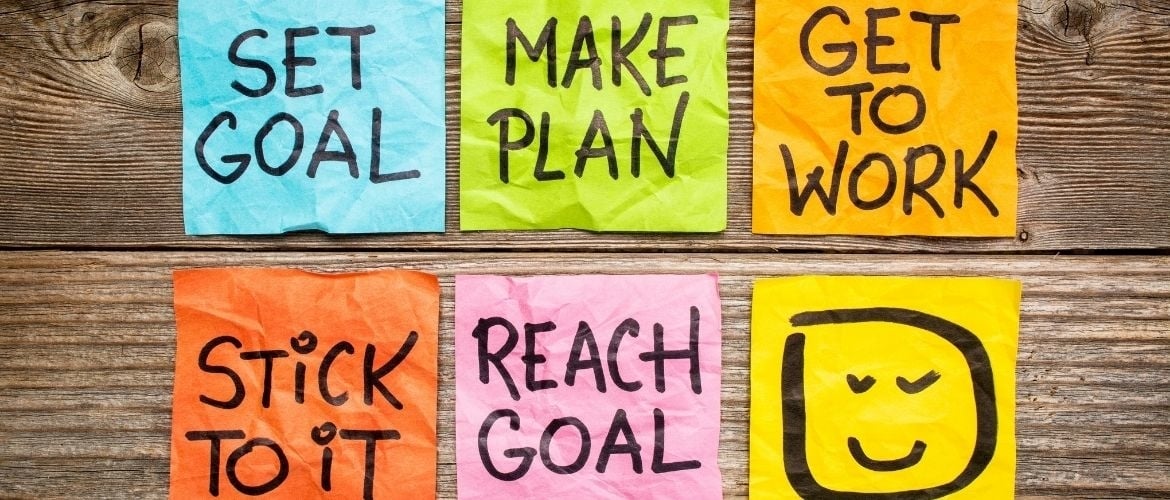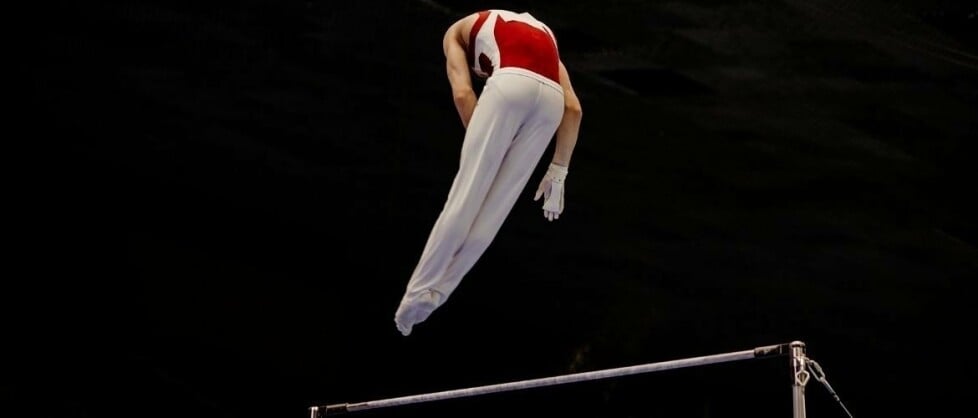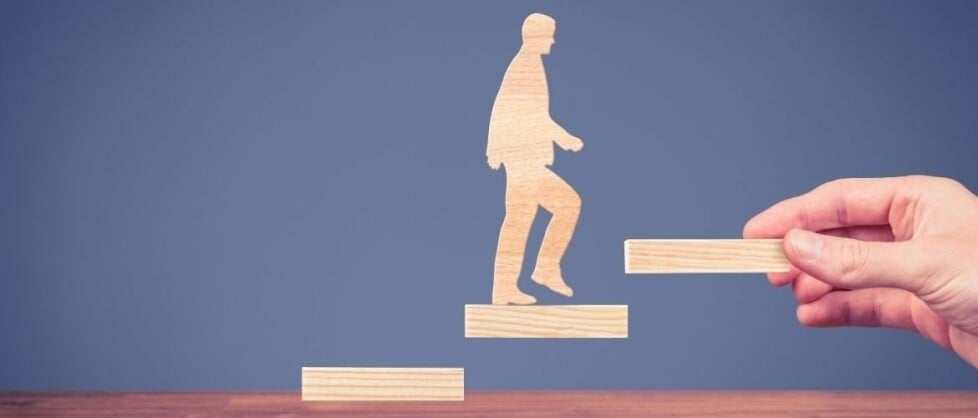Setting goals during the Covid pandemic is still important for a gymnast. We are currently in a difficult period. A period in which our health and the health of others is the main priority. But it does mean we are limited in our freedom. The gym has been closed for a while and it’s still uncertain when we can go back. So what now? We live in uncertainty: we don’t know when we are able to start up again and the competitions for this season are done. A number of things are even more important now. Of course, we need to try and keep ourselves fit (and healthy!) and luckily there are many challenges to participate in on Social Media and of course on the Gymnastics Tools website. These, however, don’t always give the correct support.

Creating goals
Creating goals can be very helpful in this period. Of course, it’s always an important part in gymnastics but in this period it’s even more important. Long-term goals cannot be overseen well at the moment and can lead to more tension and/or insecurity (which can be present of course, that tension!) You are allowed to be fed up with the situation, but try to change it into something positive!. What would you like to achieve in the coming period? Maybe you don’t have many materials in your house or garden, but what could you learn without all the equipment? What will happen to your strength and flexibility? How often would you need to practice that?
Science
Research shows us that goals should be mainly aimed at the process and not necessarily on the result or the success. You often have to depend on others or are looking at and comparing yourself to others when looking at results or success and you cannot influence them. It’s important that you take control of your own goals and want to get better yourself. It’s also not a great idea to set the bar too high. Mistakes are allowed and failing isn’t bad, but if it’s the result of setting the bar too high, you will be less motivated to reach your goal in the end.
And then?
When you know what you want to improve in the coming weeks or months, write it down! Make sure your goals are concrete and realistic (so don’t set the bar too high or too low) and that they are aimed at the process, so the steps you are making, instead of on the (end) result. If you find this difficult, ask your coach for advice. Maybe it’s a good idea either way to share your goals with your coach. For now, I wish you all lots of success in setting your goals and hope that you will achieve many of them.
Do you want more exercises? Check out our Youtube channel or join the Gymnastic Tools Platform and get access to all 2500 methodical exercises.
Reference to the research paper about goals: Pierce, B. E., & Burton, D. (1998). Scoring the Perfect 10: Investigating the Impact of Goal-Setting Styles on a Goal-Setting Program for Female Gymnasts. The Sport Psychologist, 12(2), 156–168. doi:10.1123/tsp.12.2.156






